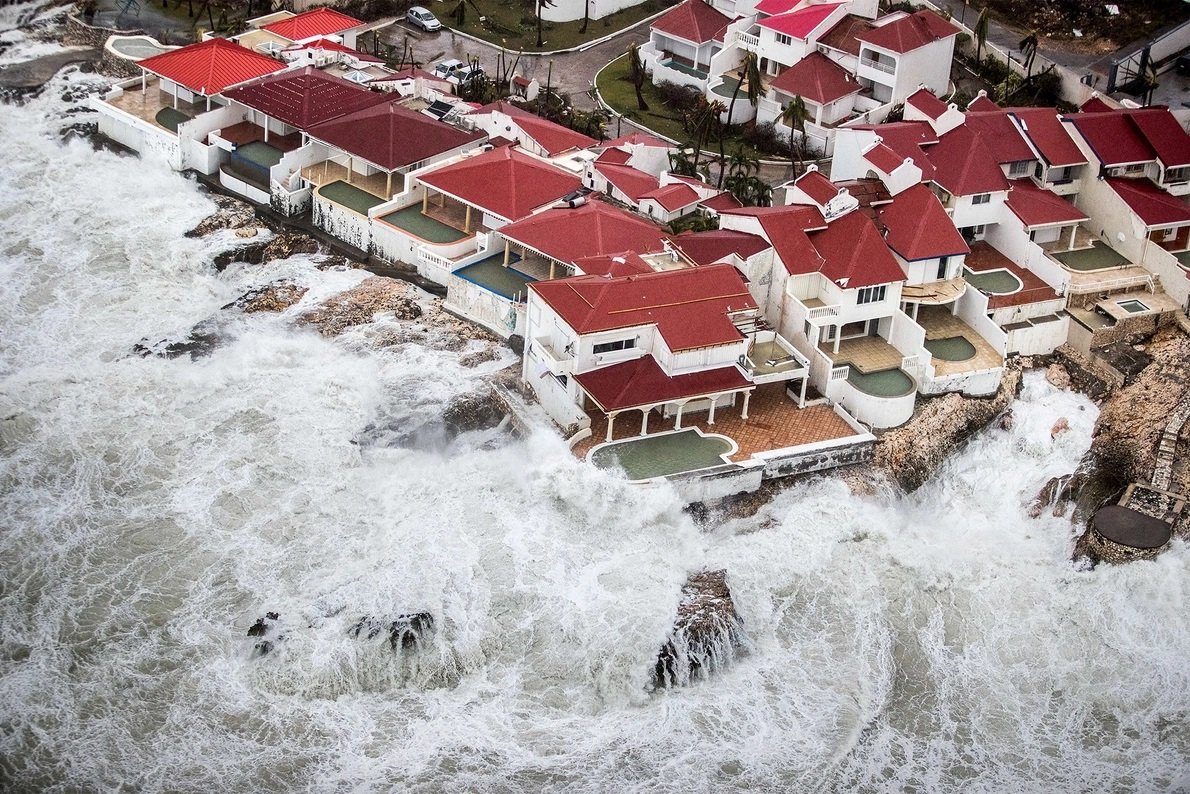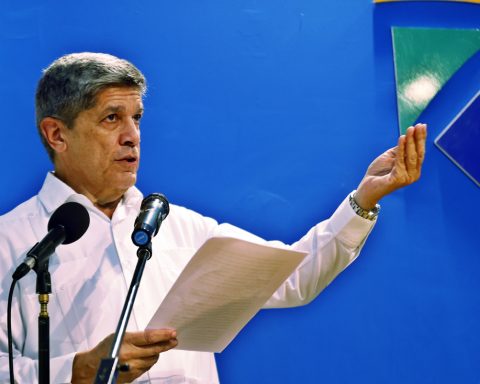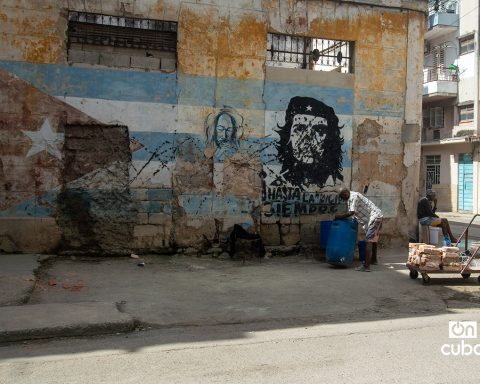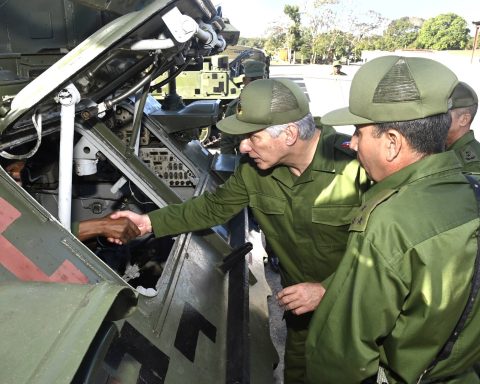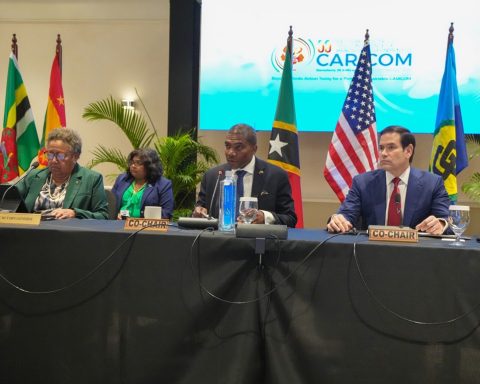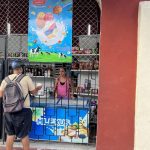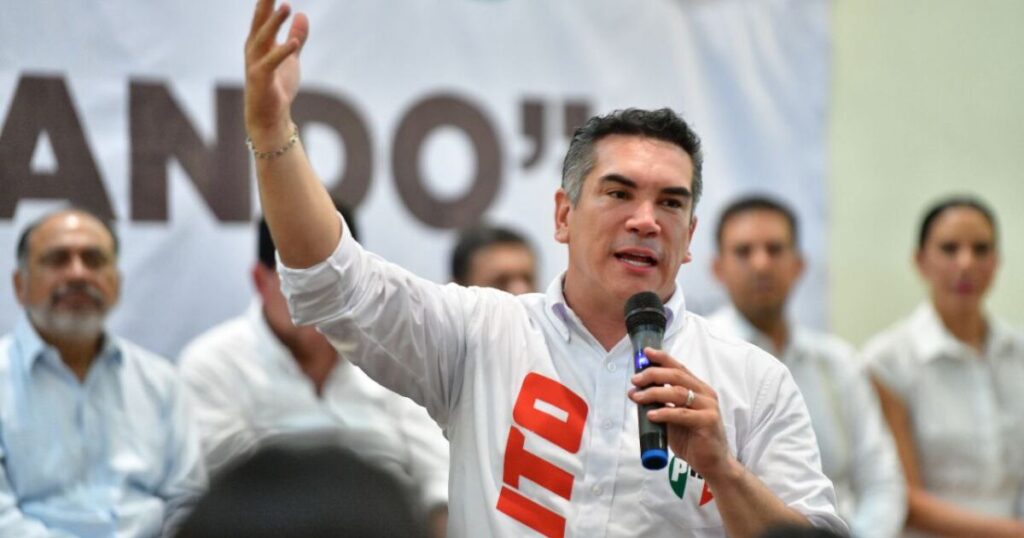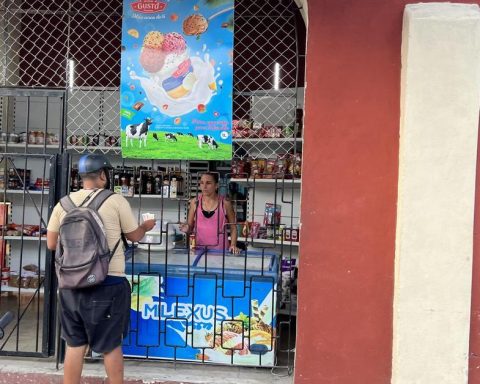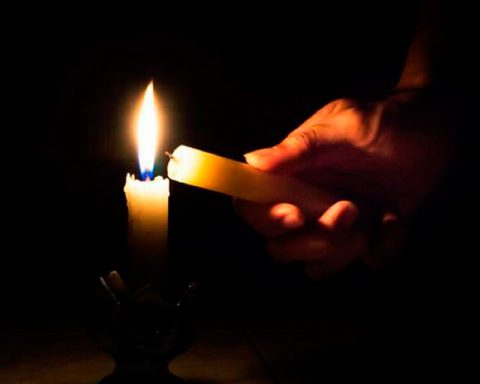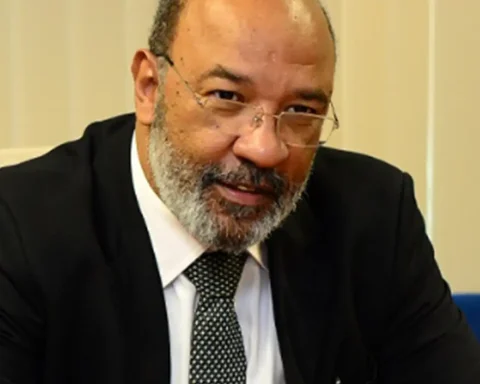The Cuban specialist in marine events, Bernardo Aliaga, warned that the threat of occurrence of tsunamis in the Caribbean region should not be underestimated, hence the importance of preparing the coastal communities of the region, according to official media on the Island.
“We have a record in the Caribbean, where some earthquakes and underwater landslides could generate tsunamis, the latter more difficult to predict,” explained the expert during a telephone interview with the agency Latin Press (PL), held in the context of the Conference of the United Nations Organization (UN) on the Oceans, held in Lisbon, Portugal.
We are at a key moment to apply science-based solutions to address the different problems and threats that affect ocean biodiversity.
Protecting the ocean is protecting our future.#UNOceanConference #UNOC2022 #SaveOurOcean pic.twitter.com/vNFV1xZwoR
— SUBMON (@submon) June 29, 2022
According to the expert of the Intergovernmental Oceanographic Commission of the unesco, the region advanced in the establishment of warning systems; but, like others on the planet, it must strengthen the preparation of people in the face of phenomena that usually have a devastating impact.
That is why the announcement by the Director General of UNESCO, Audrey Azoulay, in the Portuguese capital about a training program for coastal communities exposed to eventual tsunamis or with vulnerable populations, is very relevant. The initiative launched has the goal of preparing one hundred percent of the communities that face this danger before 2030, the text underlines.
It is an ambitious but necessary objective, insisted Aliaga, recognized for his work in supporting the countries of the Indian Ocean, Colombia, Chile, Peru, Ecuador, Haiti, the Dominican Republic, Oman and Thailand in the establishment of alert systems, points out the agency.
Advanced technology for tsunami detection and warning will work in Cuba
Strong tsunamis are known in the Caribbean, such as those of 1692, which destroyed Port Royal, Jamaica; 1867 in the British Virgin Islands, considered a great catastrophe, and that of 1946 in Samaná, Dominican Republic, recalls the environment.
The one in Port Royal was triggered by a very large underwater landslide, an unusual phenomenon and, therefore, less studied, the expert said.
When asked what the explanation would be for the Caribbean region not dealing with such events in decades, Aliaga mentioned the separation of the plates, which come together in the area at a slower speed than in other more dangerous ones, such as northern Chile. , southern Peru, Sumatra or Japan.
According to the specialist, there are important fault lines in the region, such as the one that passes through Puerto Plata and Santiago de los Caballeros, in the Dominican Republic, which extends under the sea between Jamaica and Cuba.
Around 10% of the reported tsunamis have been generated in the Caribbean, but that does not mean that it is exempt from risk, hence the importance of preparation, he reiterated.
